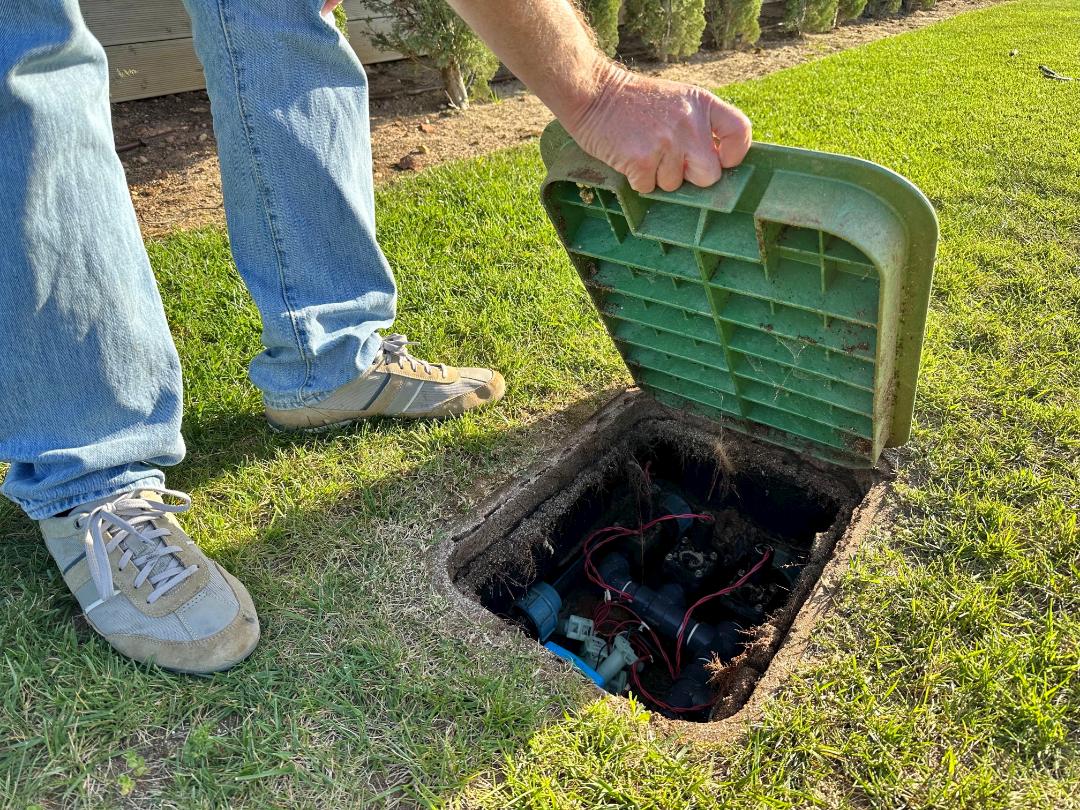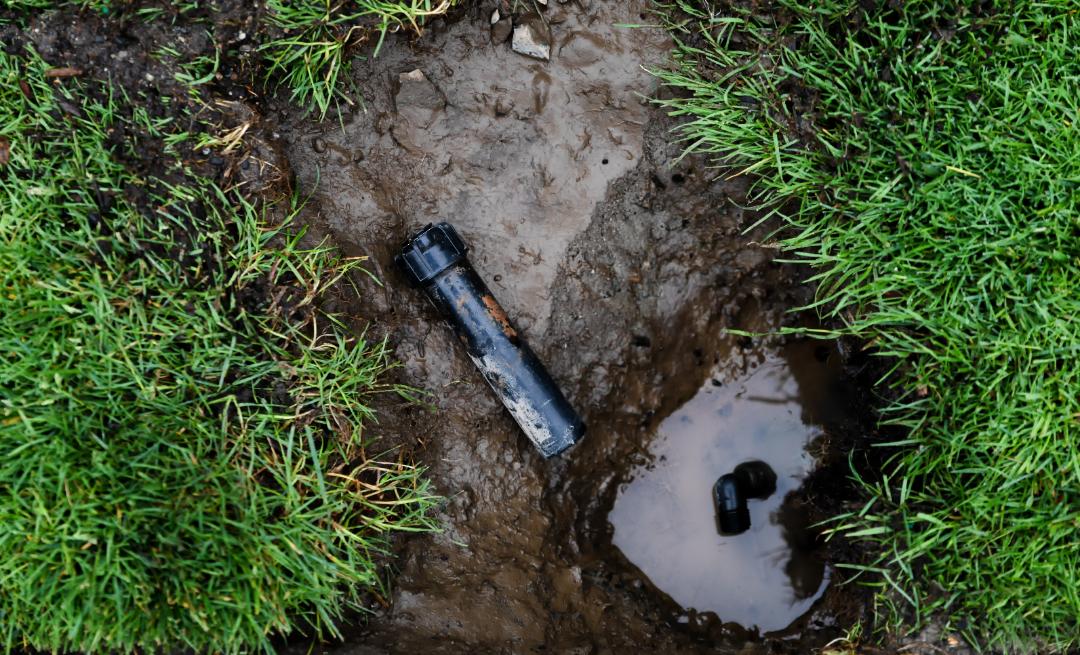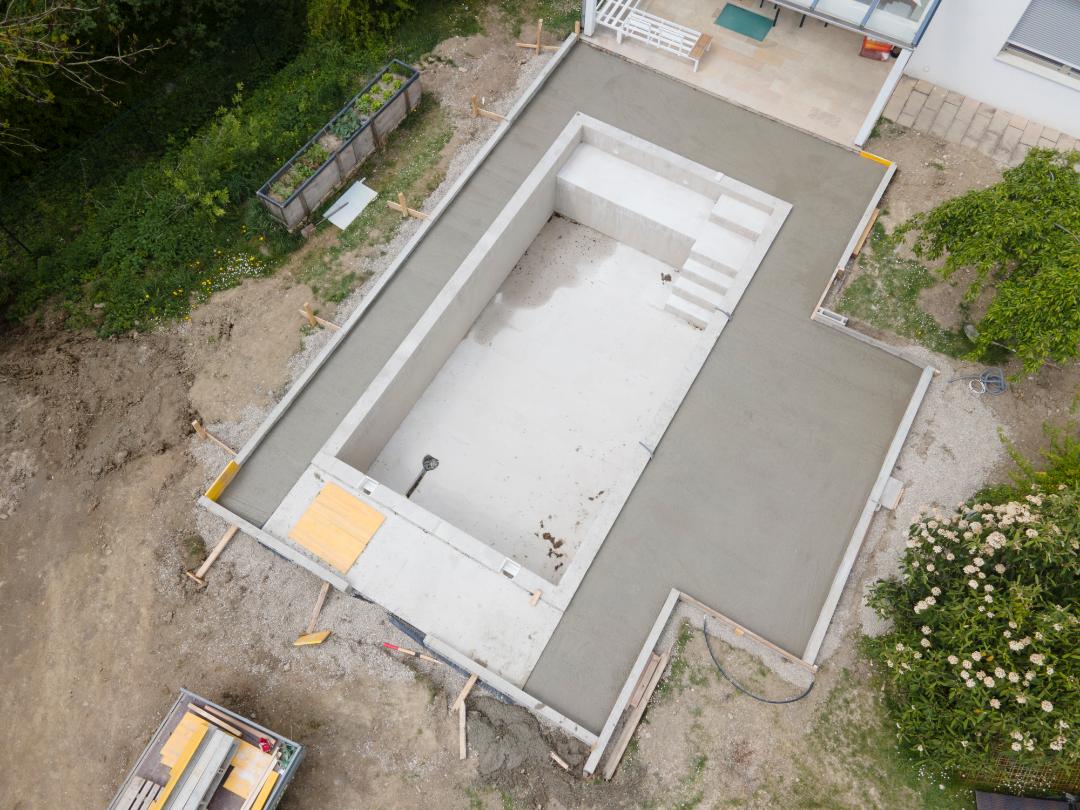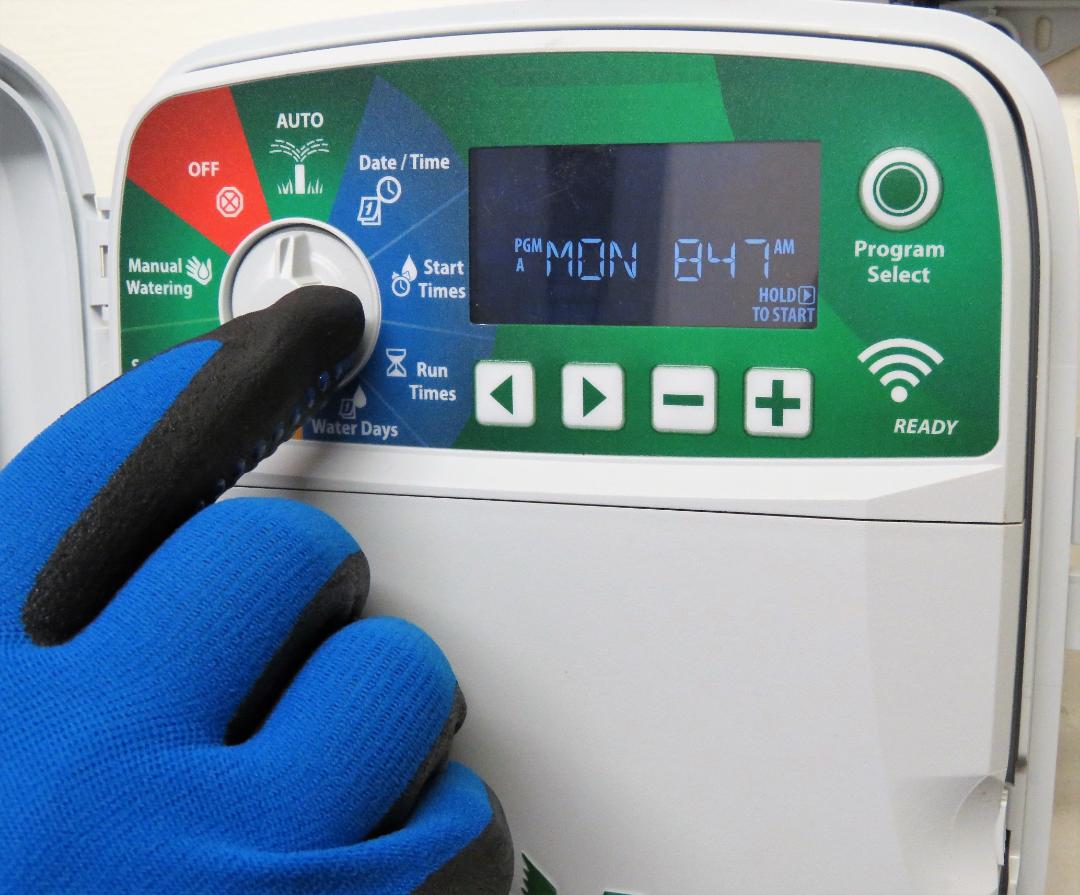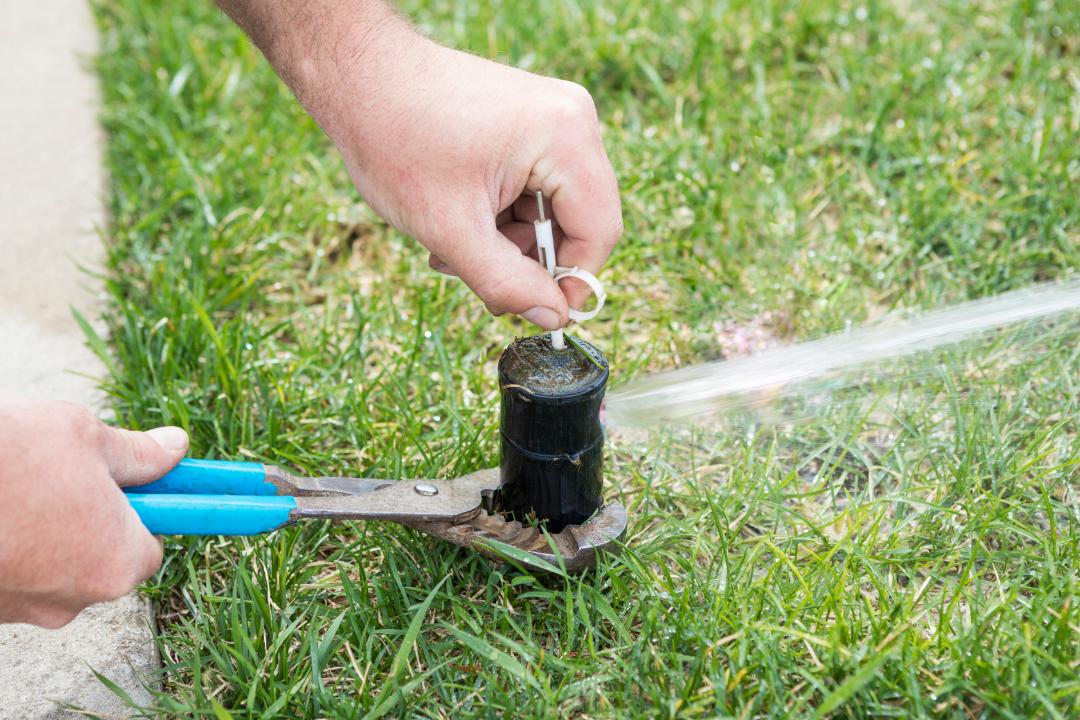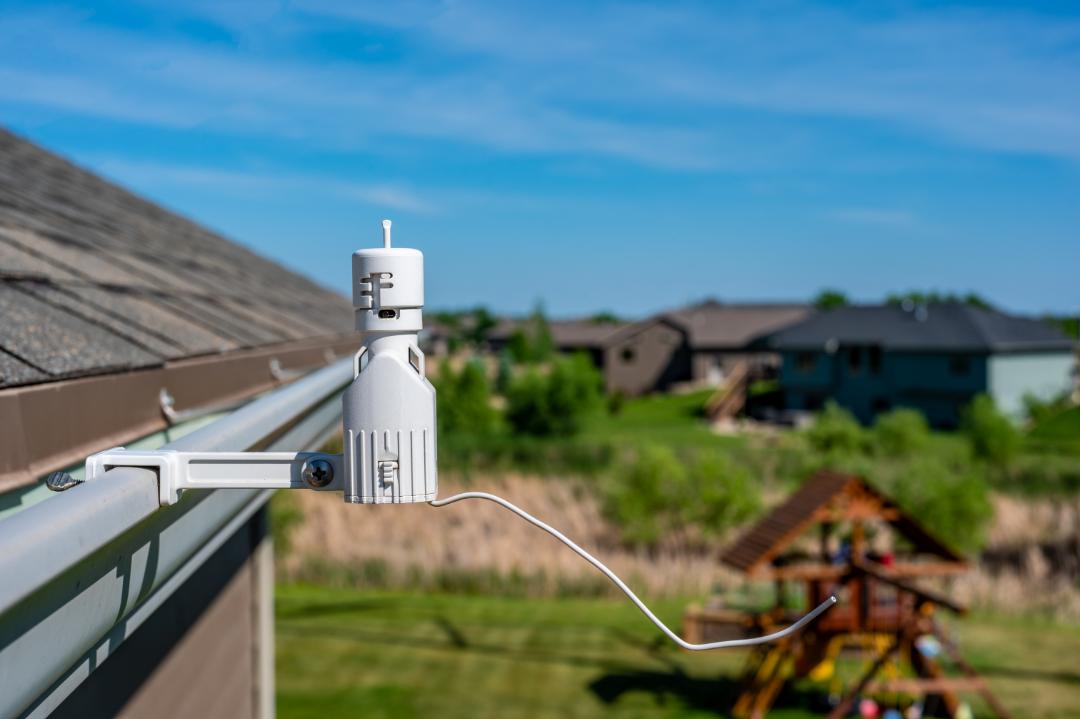Drip Irrigation: Nurturing Plants, Conserving Resources

Maintaining a flourishing garden involves a delicate balance of water management, and one of the most effective methods to achieve this balance is through drip irrigation. This innovative watering system has become a staple for gardeners, offering a range of benefits that go beyond traditional irrigation methods. In this blog post, we’ll delve into the myriad advantages of using drip irrigation to nurture your plants, promote healthy growth, and conserve precious resources.
Water Efficiency: Targeted Hydration at its Best
Precise Water Delivery:
Drip irrigation delivers water directly to the root zone of each plant, ensuring that the moisture reaches exactly where it’s needed. This precision eliminates water wastage through evaporation, runoff, or watering areas that don’t require hydration.
Conservation of Water Resources:
By minimizing water loss, drip irrigation promotes efficient water usage. This is particularly crucial in regions facing water scarcity, as it allows gardeners to make the most of available resources while maintaining optimal plant health.
Healthy Plant Growth: A Root-Centric Approach
Steady and Consistent Moisture:
Drip systems provide a consistent and steady supply of moisture to the root zone. This ensures that plants receive a uniform water supply, reducing stress and promoting steady growth throughout the entire growing season.
Prevention of Soil Erosion:
The slow and controlled release of water in drip irrigation prevents soil erosion, maintaining the integrity of the soil structure. This is particularly beneficial for sloped or uneven terrain where erosion can be a significant concern.
Weed Control: Minimizing Unwanted Competition
Reduced Weed Growth:
Drip irrigation focuses on the target plants, minimizing moisture in surrounding areas. This reduction in overall soil moisture helps suppress weed growth, providing a natural and effective method of weed control.
Less Soil Disturbance:
Unlike traditional watering methods, which may disturb the soil surface, drip irrigation operates with minimal disruption. This lessens the chance of weed seeds being brought to the surface and germinating.
Disease Prevention: Keeping Foliage Dry
Reduced Foliage Moisture:
Drip irrigation avoids wetting the foliage, which is crucial for preventing the development of fungal diseases. Many plant diseases thrive in damp conditions, making the dry foliage created by drip systems a significant advantage.
Healthy Plant Environment:
By maintaining a dry and disease-free environment around the plant, drip irrigation contributes to overall plant health. This is especially important for plants that are susceptible to fungal infections.
Time and Labor Savings: Streamlining Garden Maintenance
Efficient and Automated:
Once installed, drip irrigation systems operate efficiently with minimal manual intervention. This allows gardeners to save time and effort while ensuring that their plants receive consistent care.
Remote Control Options:
Some drip irrigation systems come equipped with remote control features, enabling users to adjust watering schedules or turn the system on or off remotely. This level of control adds to the convenience of maintaining a garden.
Drip Irrigation – A Smart Investment for Greener Gardens
Drip irrigation stands out as a smart and eco-friendly investment for gardeners aiming to strike a balance between optimal plant care and resource conservation. With benefits ranging from water efficiency to disease prevention, this innovative watering method ensures that your garden thrives while minimizing environmental impact. As we navigate towards sustainable gardening practices, drip irrigation emerges as a key solution for nurturing vibrant and healthy plants in a water-conscious world.


